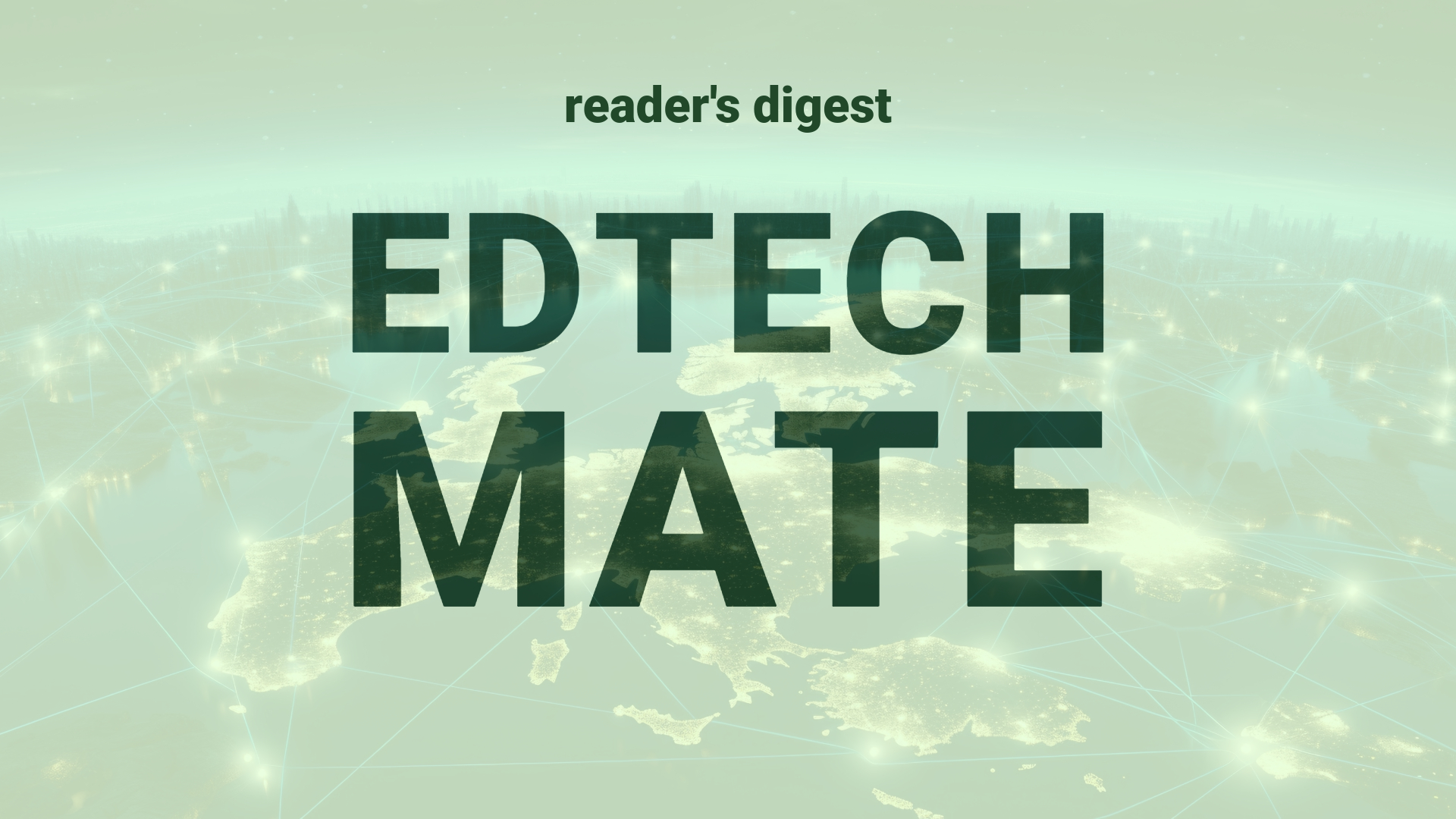Executive Summary and Main Points
Recent economic data indicate a hesitant approach among major central banks towards interest rate cuts, with exceptions such as a minor adjustment by Brazil’s Copom and confirmation of cuts by the European Central Bank. In the U.S., consumer inflation expectation has risen, resulting in a hold on federal funds rate changes by the Federal Reserve, in an effort to continue restricting policy to combat inflation. China’s economic concerns in the real estate sector have prompted interventions by the People’s Bank of China with policy easing, but manufacturing activity has contracted unexpectedly. Consumer confidence is steadily increasing yet remains below the long-term average. Commodity prices persist at high levels, and GDP growth signals a gradual return to economic normalization, while unemployment rates maintain stability. Equity markets in major economies have generally risen, but trade volumes exhibit a minor decline.
Potential Impact in the Education Sector
The global financial trends, namely interest rate stances, consumer confidence, and commodity price inflation, may indirectly influence higher education funding and affordability. With central banks striving to keep inflation on target, educational institutions may face tightened budgets and constraints. However, policy measures to stimulate economies, like in China, might spill over into education sector investments. The variations in consumer confidence could alter the demand for Further Education and Higher Education, with increased confidence potentially leading to greater investment in upskilling through Micro-credentials and strategic educational partnerships. Inflation in commodity prices could elevate operational costs for educational institutions, steering them towards more cost-effective digital solutions.
Potential Applicability in the Education Sector
In the context of global economic shifts, educational institutions can leverage AI and digital tools to enhance the efficiency and reach of their programs. AI-driven analytics could optimize resource allocation, while digital platforms may facilitate wide-scale access to Micro-credentials, aligning with the trend of lifelong learning. Incorporating online modules can offer resilience against fluctuating economic conditions, ensuring continuous educational delivery. Additionally, digital transformation could enable global education systems to form innovative cross-border partnerships, fostering exchange and research collaboration in a more cost-effective manner despite economic disruptions.
Criticism and Potential Shortfalls
While digital transformation presents opportunities, there are also criticisms and potential shortfalls to consider. An increase in digital offerings might exacerbate the digital divide, particularly in areas with limited technology access. The reliance on AI in education requires careful consideration of ethical and cultural implications, ensuring that algorithms do not entrench biases or inequalities. Comparative international case studies, such as varying levels of digital readiness between developed and developing nations, highlight the need for tailored strategies that consider local contexts and resource disparities.
Actionable Recommendations
International education leaders should cautiously integrate technology into their strategic planning, considering global economic cues. As digital tools promise cost-efficiency and adaptiveness, institutions could pilot AI-enhanced programs in areas like student support services and personalized learning. Developing robust digital infrastructure and promoting equitable access remain paramount. Institutions should seek sustainable financial models for digital transitions, such as public-private partnerships or consortium-based approaches. Furthermore, ongoing professional development for educators in the digital domain can ensure that pedagogical practices align with technological advancements, fostering a resilient and future-focused higher education landscape.
Source article: https://www.mckinsey.com/capabilities/strategy-and-corporate-finance/our-insights/global-economics-intelligence-executive-summary-may-2024

